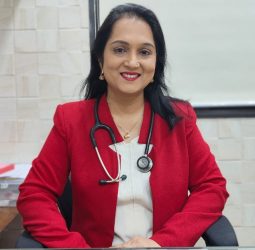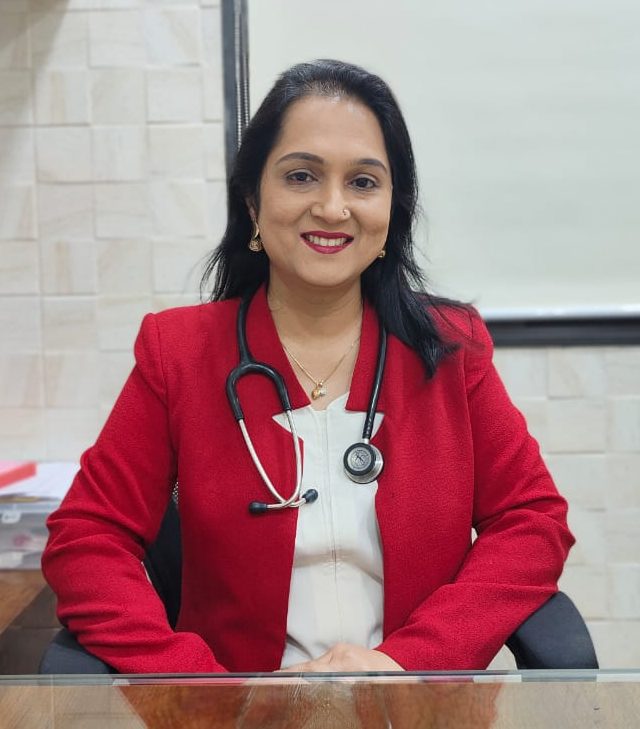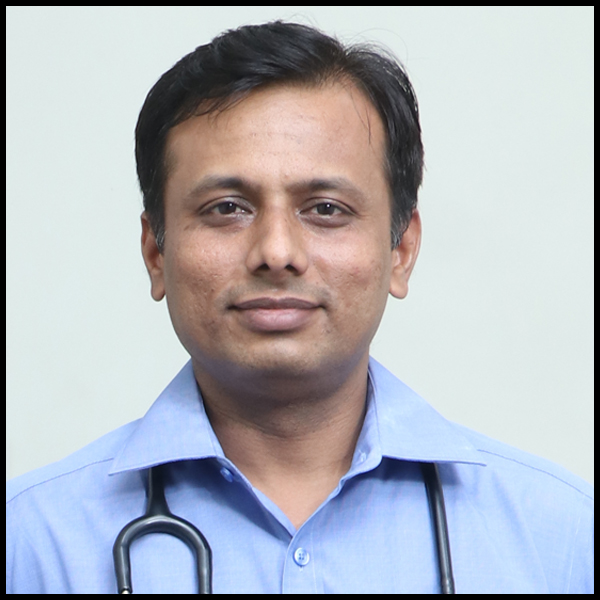Department of Cardiology
The department of General Medicine offers non-surgical treatment for all types of diseases as well as prevention and diagnosis. This is the first check-up, which will be a physical examination done to the patients when they come to the hospital. A general physician will do the necessary tests and then recommends all the treatments. The results of these tests, examination, and diagnosis is then correlated to the final diagnosis. The general physician then gives the necessary treatment or sends you to a specialty doctor for further treatment.
Why Choose Us?
The internal medicine department of our hospital provides class apart medical services to our patients. We have some of the best doctors for general medicine in Mumbai, who specialize in the prevention, diagnosis, and treatment of a wide range of diseases. We are one of the best hospitals for internal medicine in Mumbai and provide a full scope of wellness care. The general medicine department of our hospital, which has a specialized team of doctors, specialists, and nurses, will get to you immediately and give you the best care and treatment which you need. Being one of the best hospitals for general medicine in Mumbai, we never take any health condition lightly.
Few of the conditions which are diagnosed in our hospital are Asthma, Acute respiratory infections, Bronchitis, Chest pain, Diabetes, Fatigue, High blood cholesterol, Hypertension, Hypothyroidism, Influenza, Menopause, Migraine, Osteoarthritis, Osteoporosis, Pneumonia, etc. and to diagnose them, there are a few medical tests which needs to be followed.
Medical Treatments
• Routine Check-Ups: General physicians perform regular health check-ups to assess a patient’s overall health, monitor vital signs, and detect any early signs of illness or disease.
• Chronic Disease Management: General physicians manage chronic conditions like diabetes, hypertension (high blood pressure), asthma, and heart disease. This includes medication management, lifestyle counseling, and monitoring.
• Prescription Medications: General physicians prescribe medications to manage various health issues, including antibiotics for infections, pain relievers, and chronic disease medications like blood pressure or diabetes medications.
• Acute respiratory infection: This involves the upper respiratory or lower respiratory tract, which causes these infections. All the symptoms depend on the system, which is affected.
• Diabetes: This is a disease that is marked by high blood sugar levels. The blood sugar levels are monitored by a hormone called insulin. Diabetes occurs when there is resistance to insulin, too little insulin, or both. The treatment depends on the type of diabetes, which can be injecting insulin, drugs to increase the production of insulin, make insulin more effective or slow absorption of glucose.we also recommend some lifestyle like dietary changes, weight loss, etc.
• Influenza: This is a contagious disease that is caused by a virus. This can lead to a sore throat, runny or stuffy nose, fever, headache, dry cough, tiredness, etc. Complications of this flu can be severe, like pneumonia, dehydration, and worsening of the chronic medical conditions.
• Pneumonia: It is caused due to inflammation of the lungs by infection of bacteria, viruses, or other organisms. Pneumonia is most likely to occur when upper respiratory infections or influenza weaken a person’s defenses. Symptoms for pneumonia are fever, cough, chills, chest pain, shortness of breath, and shallow breathing. Pneumococcal vaccine prevents the most common type of pneumonia, which is recommended for the people who are aged 65 and above who are most vulnerable to pneumonia.









